What to Know About Silicone
- Silicones add temporary shine, smoothness, and manageability to hair but can cause long-term issues.
- Over time, silicone builds up on the hair shaft, blocking moisture and nutrients, leading to dryness, breakage, and dullness.
- Fine, chemically-treated, or damaged hair should especially avoid silicones, as they weigh down hair and exacerbate damage.
- Silicones come in different forms: water-soluble, non-soluble, and volatile—check labels for ingredients ending in -cone, -xane, or starting with PEG.
- Switching to silicone-free hair products promotes healthier, stronger, and more hydrated strands.
- Clarifying shampoos help remove existing silicone residue, preparing your hair for a healthier routine.
- Silicones also have an environmental impact, as many are not biodegradable and contribute to pollution.



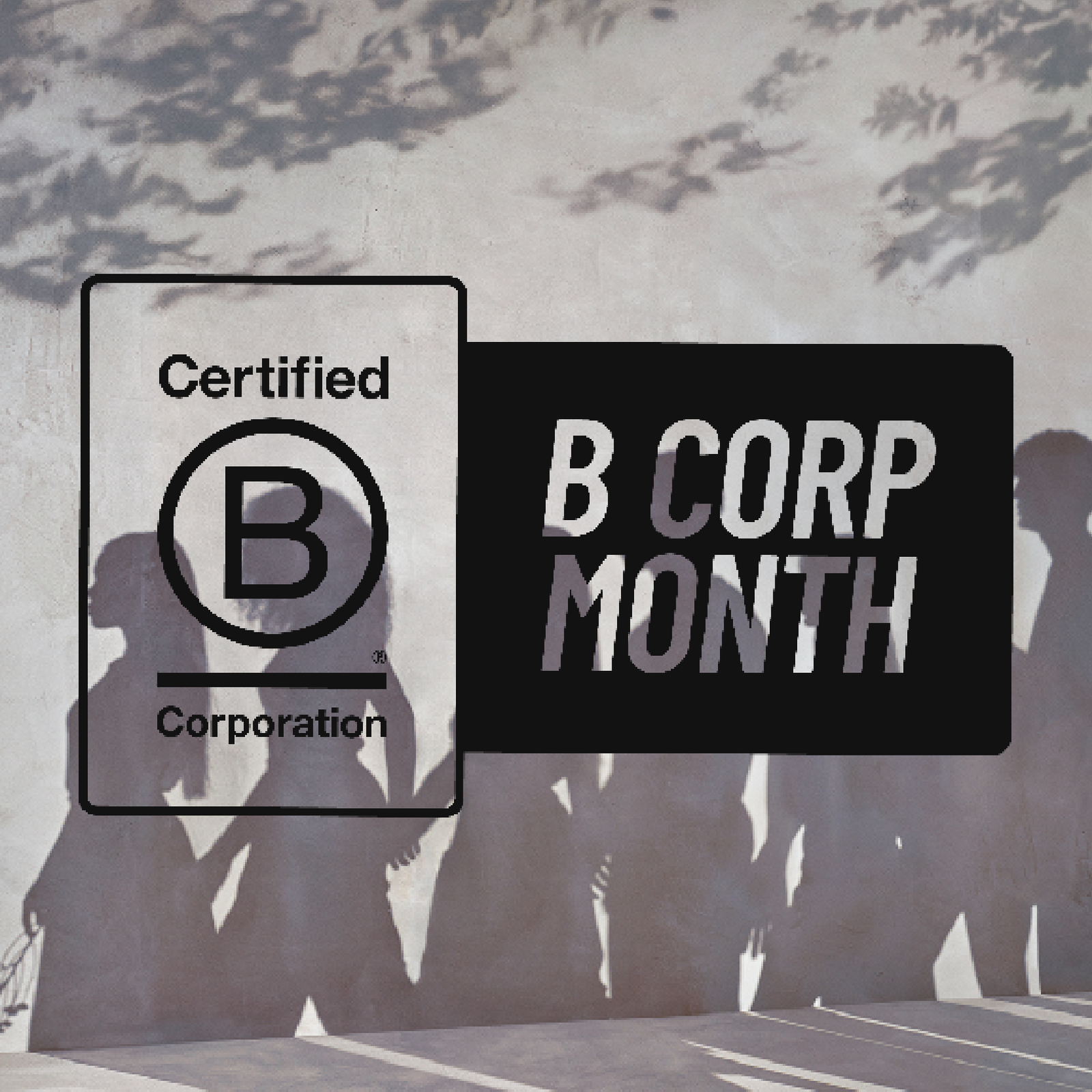
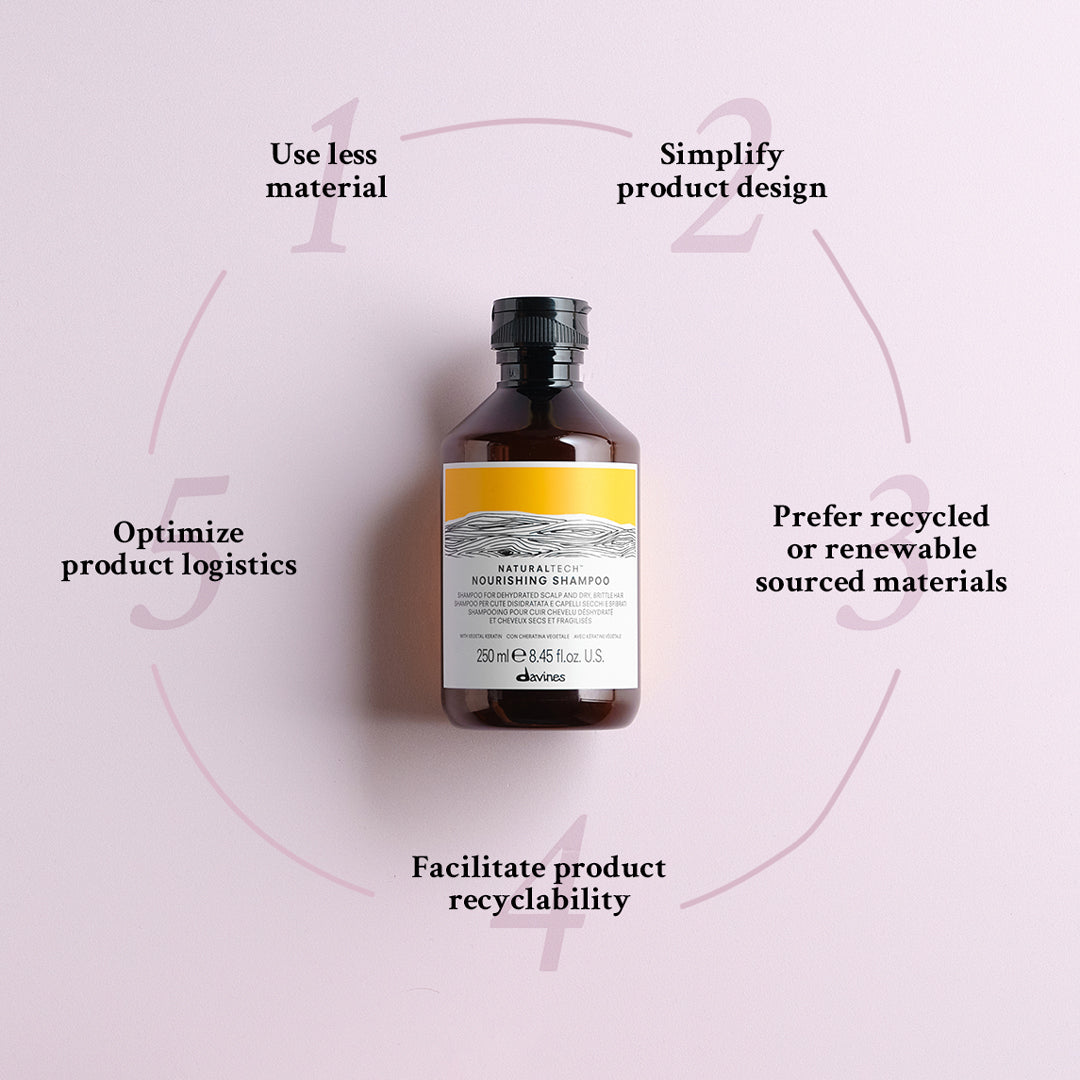
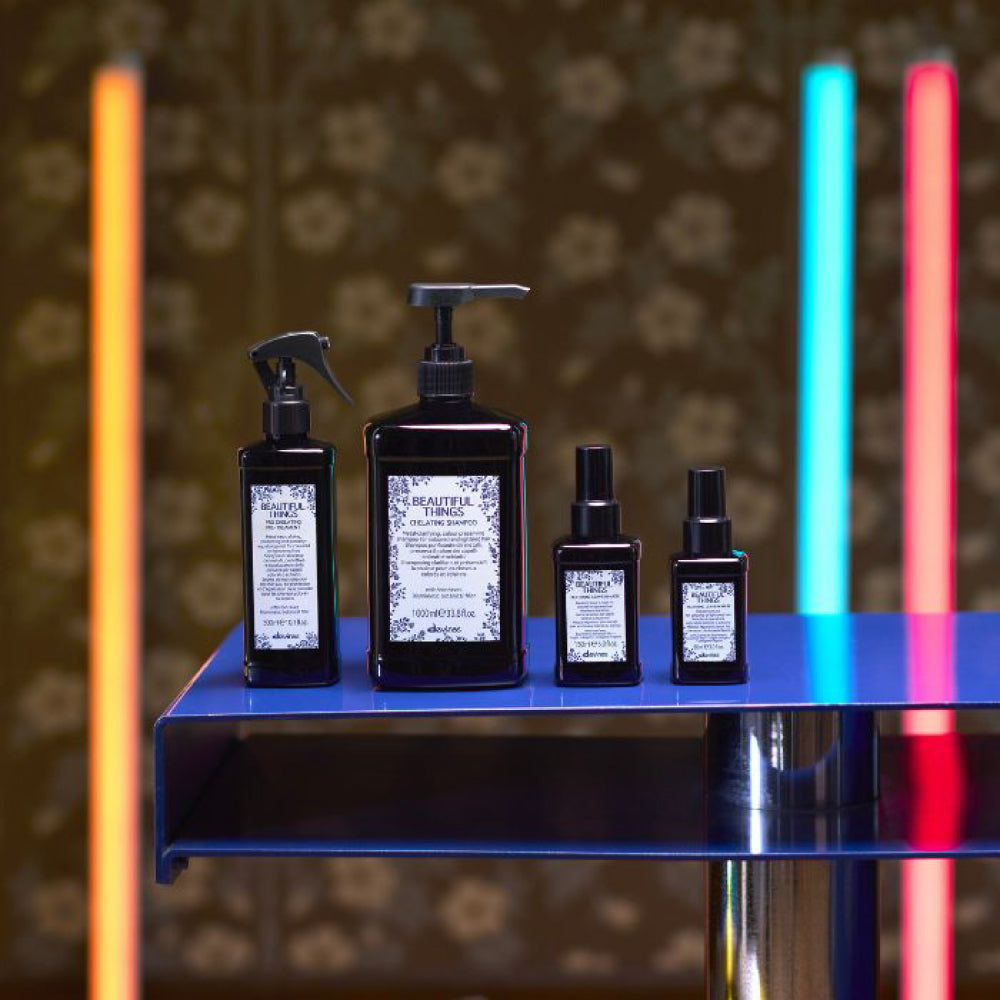
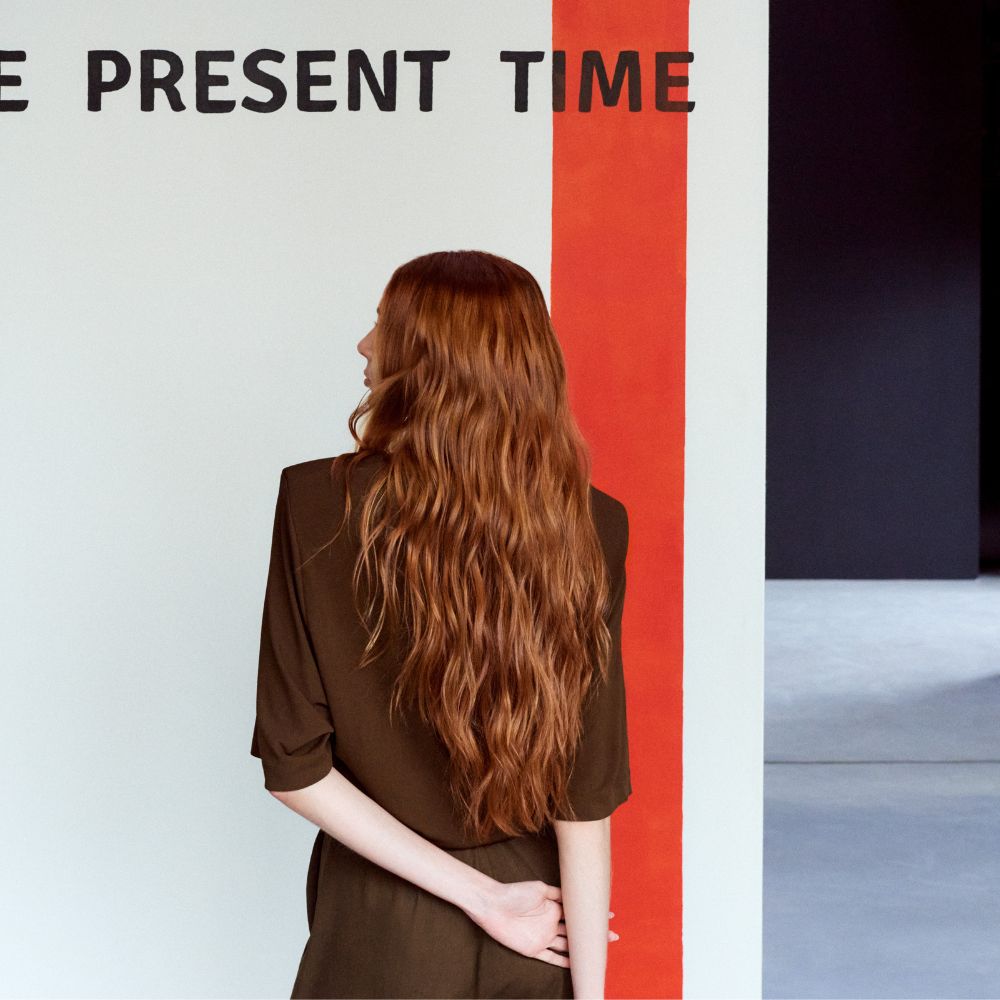

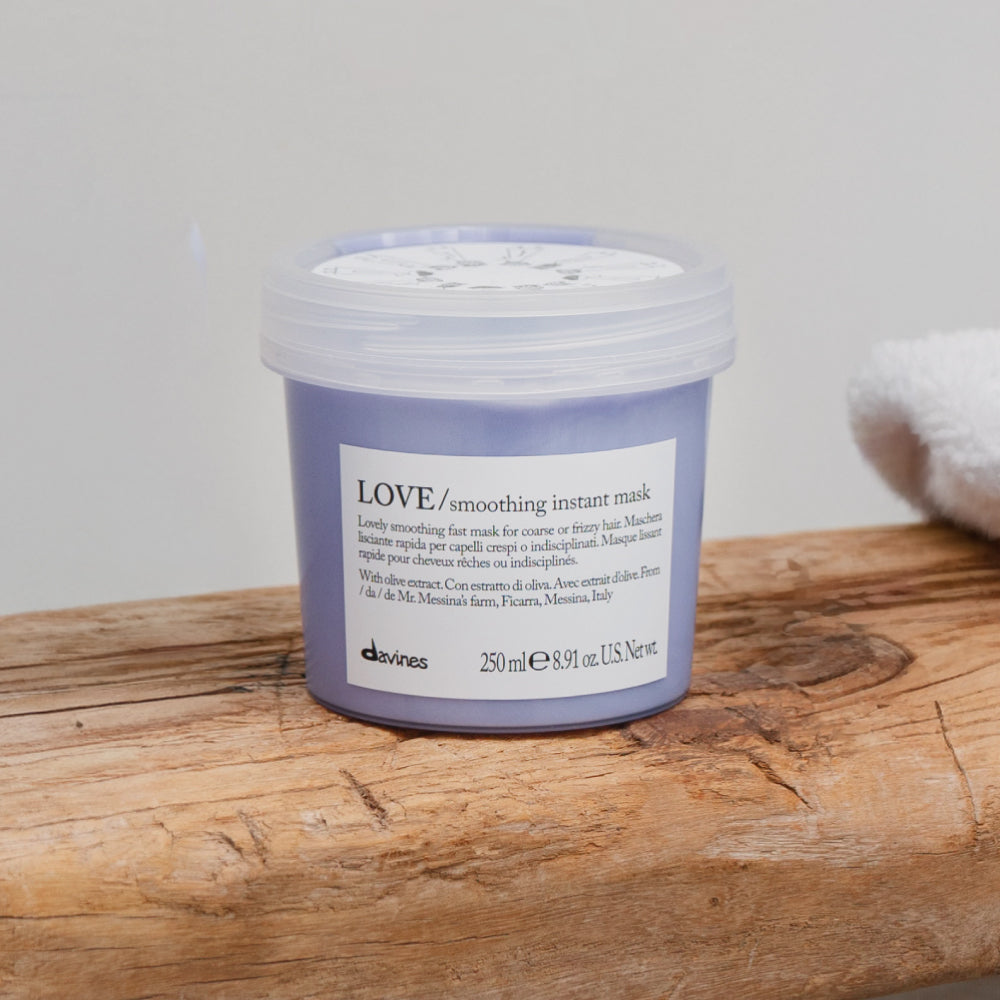

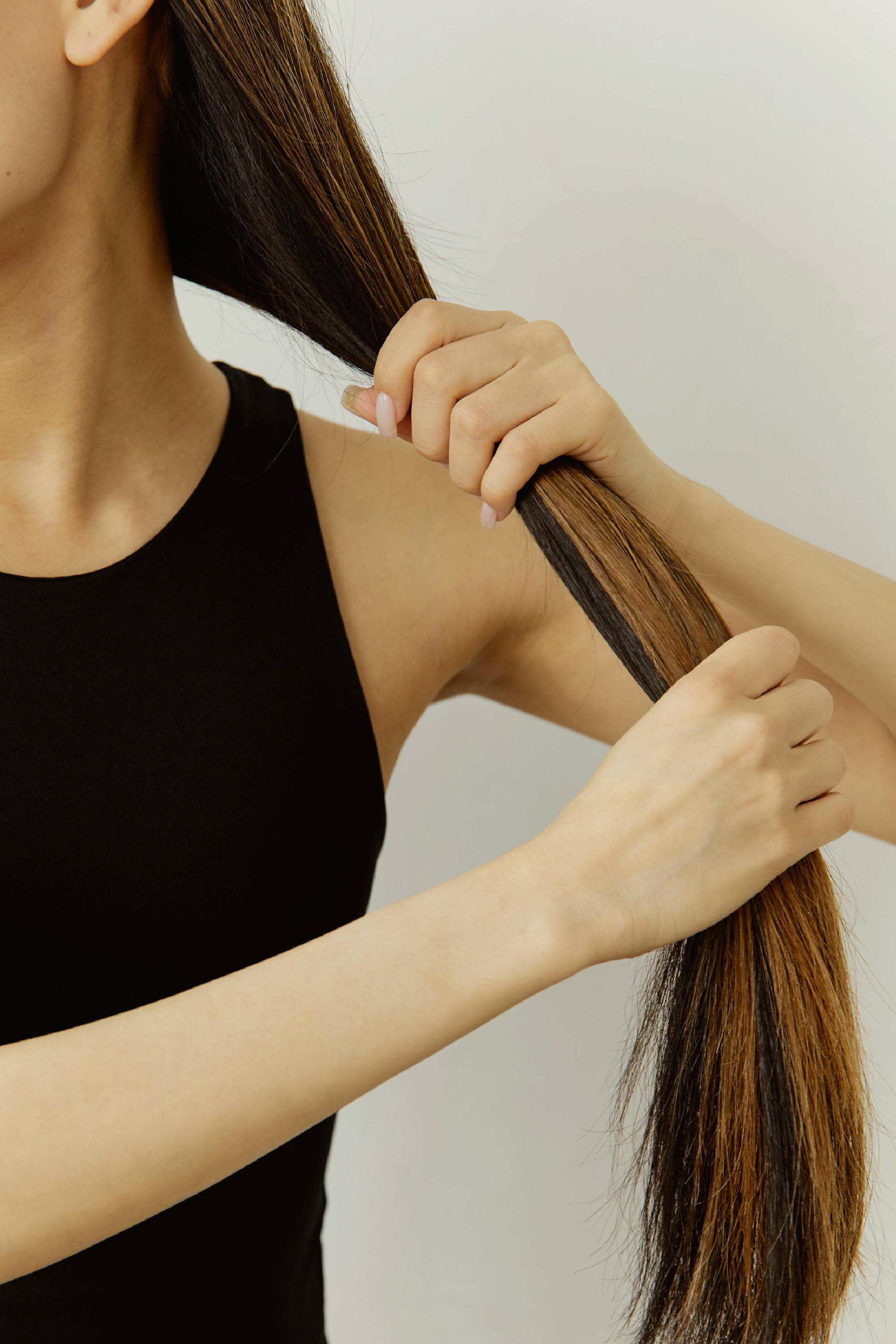
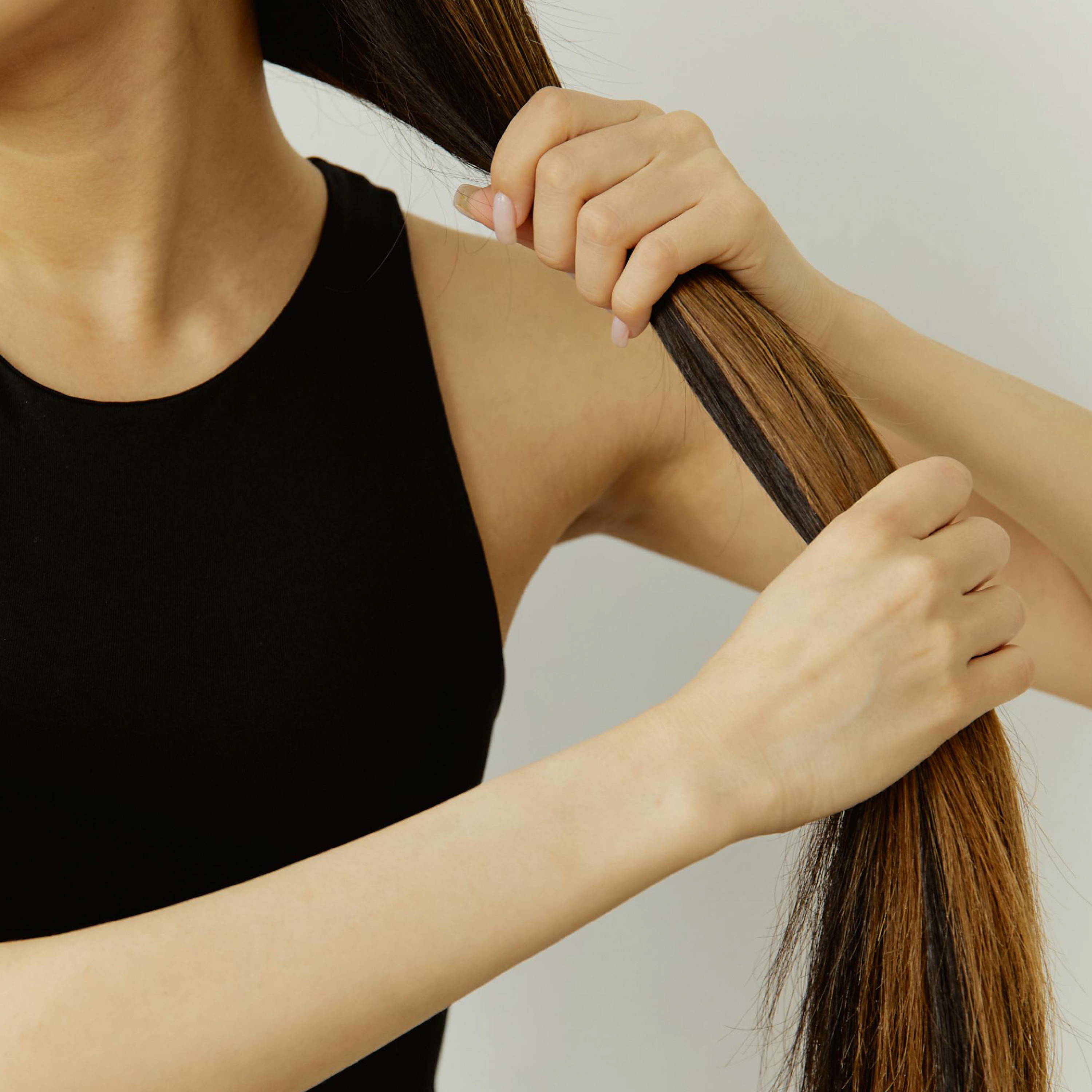
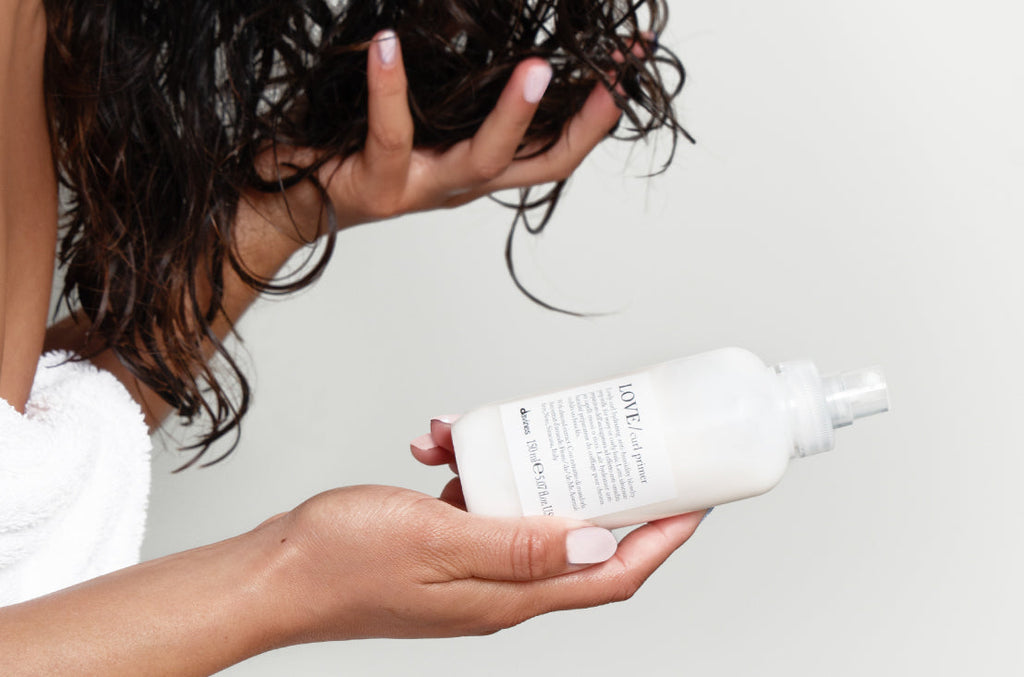
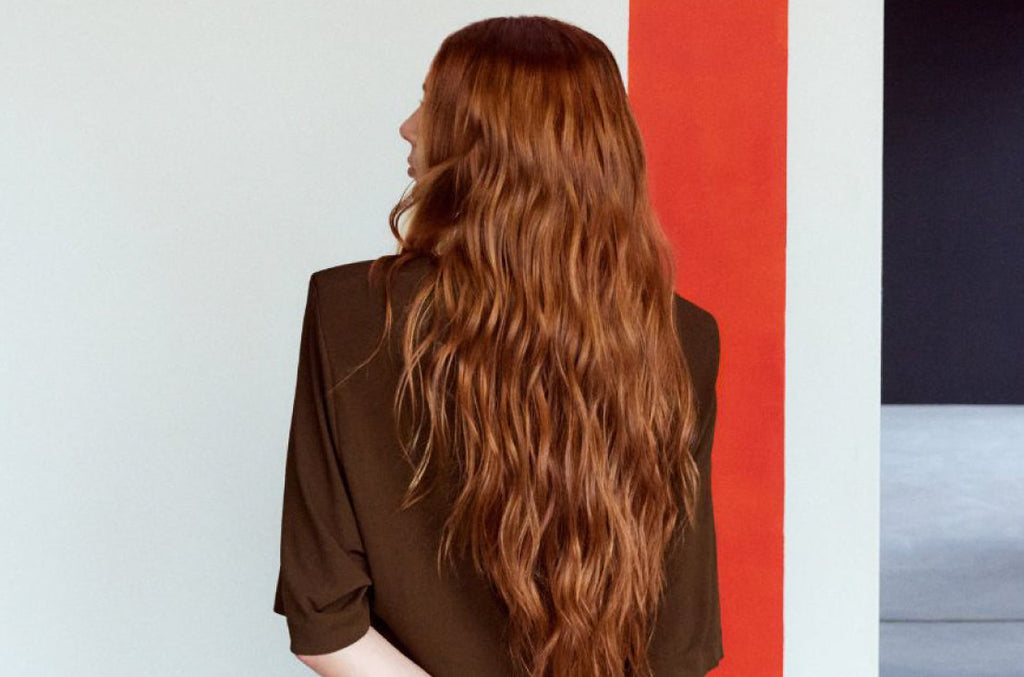
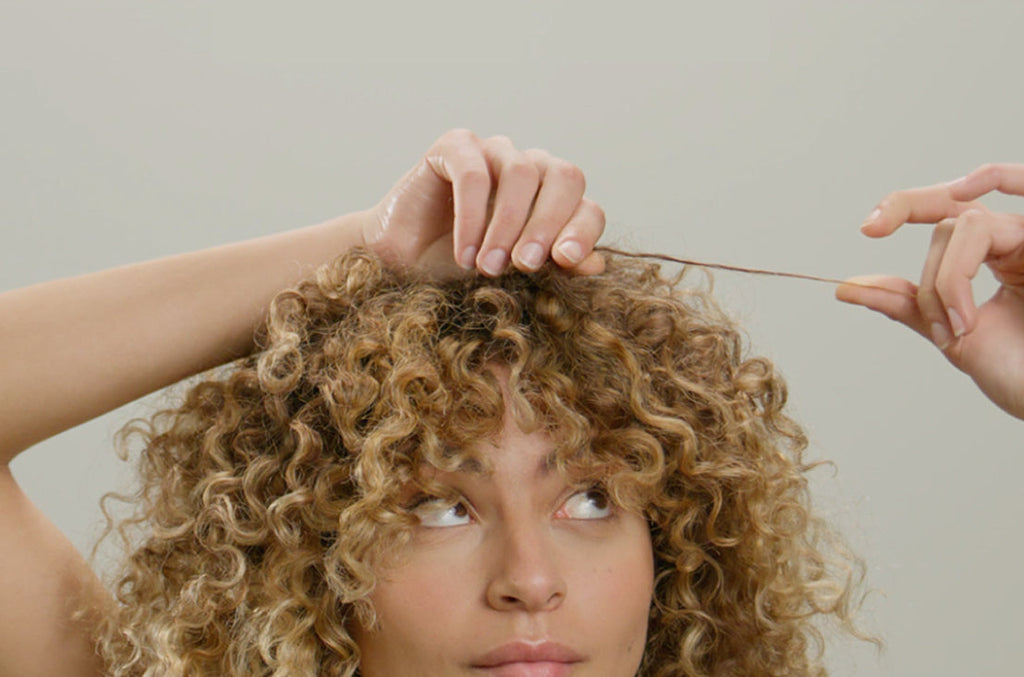
Leave a comment
Comments will be approved before showing up.